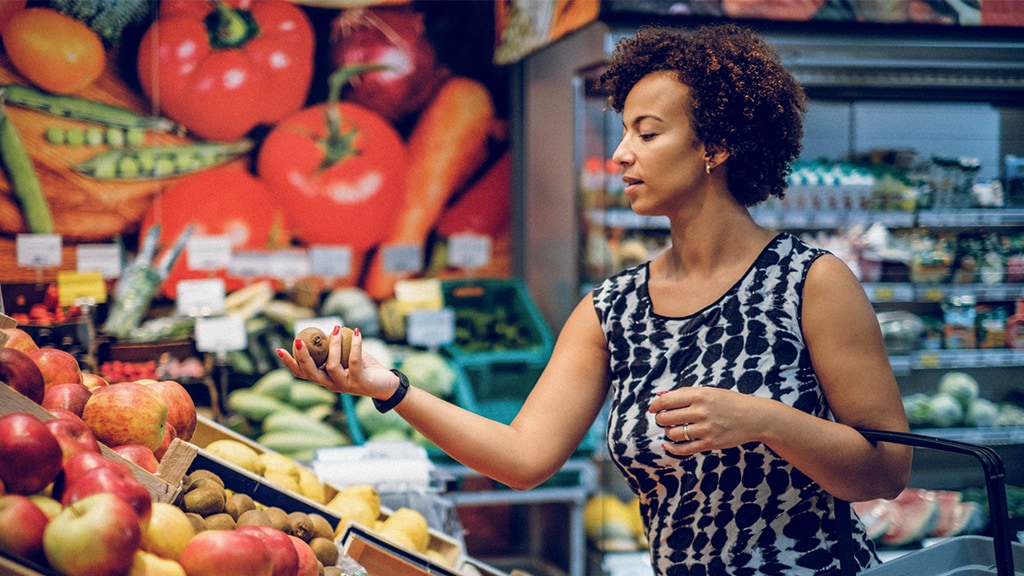The biggest lesson over the past year is that curveballs can come from anywhere and disrupt even the best-laid plans. Global logistics has to evolve and become more agile to swing more effectively. Smart digitalization can help build resilience, increase end-to-end visibility and ultimately optimise global supply chains. Technological innovations allow logistics to not only move business, but to shape it. When done right, it enables new solutions that elevate opportunities and make logistics a competitive advantage when growing businesses.
Optimisation always starts with the business strategy and the needs of our customer’s customers. Supply chain strategy and design [also] start with customer needs and must support the business strategy.
In this webinar, featuring the latest trends in global supply chain management (SCM), Holme is joined by Michael Nielsen, Founder and FreightTech advisor at S-Nielsen Advisory, who explains how artificial intelligence and data can give organisations more flexibility to respond to unexpected events and Martine Papineau, Inbound Transportation Director at Metro Richelieu Inc, who exemplifies this through Metro’s partnership with Maersk.
Starting at the destination
“One of the gaps is to connect the digital and physical aspects of the supply chains and think much more end-to-end when planning and executing a supply chain [strategy],” Holme says, adding that this challenge is more prominent than even the disruptive events of 2020.
While still a significant factor, Michael Nielsen believes managing supply chains solely from a cost perspective will become a thing of the past. A lot of organisations are currently focussed on flexibility and just-in-time policies, but the future lies in building resilience and an omnichannel presence by focusing on the customer first. “Start with the customer and work backwards. That is when you discover just how resilient and visible your supply chain is and how dependent you are on your logistics partners. This is why many retailers are looking for integrated logistics providers such as Maersk and their end-to-end supply chain solutions to move their goods,” he says.
This elasticity enables companies to tackle unexpected events by speeding up or slowing down their supply chains, a trend accelerated by Covid-19 and its bottleneck effects. Building greater visibility into inventories and delivery schedules, backed by real-time smart data, helps supply chain managers make faster and more efficient decisions on securing multiple sources or prioritising one shipment over another to meet fluctuating demands. Digital tools such as TradeLens and NeoNav are already enabling this paradigm, and we will see deeper impacts in supply chains as more data gets collected and analysed.
What it looks like in practice
One example of effectively managing a complex cold chain is the work that retailer Metro has done with pineapples, which travel all the way from Costa Rica to stores across Canada. Pineapples are hardy fruits that last about 7-8 days at room temperature, but longer when chilled. They travel well as long as they are handled efficiently and the cold chain remains unbroken for the entire journey.
For Martine Papineau and Metro, this meant adopting smart digitisation and maintaining tight controls over the entire supply chain. Demand for the fruit has always been high but fluctuates significantly depending on the advertising done at the store level. Getting a constant stream of inventory data and real-time information about inbound cargo helped gain single-container flexibility and move goods to where they were needed faster.
“If a container was delayed for whatever reason, once it was released, we moved it to the front of the line. We wanted to reduce the journey of our product by going directly from the farm to our distribution centres and then to our store. Now we’re turning around the inventory very, very quickly, and some items are in the distribution centre less than 24 hours before being shipped directly to the store,” she says.
Close partnership is key
“The pineapple programme is something I’m very pleased with. Maersk came to us and proposed something different, and we thought the pineapple was a fantastic item to start this project with,” says Papineau.
For us, it was very important to work with partners such as Maersk to ensure we had a reliable supply chain, where we could plan our advertising and make sure we didn’t have to pile up our inventory way in advance at our distribution centres.
Metro was able to establish a sustainable programme with a constant flow of containers coming through and deepened its relationships with suppliers and stakeholders in the process.
“Even my buyers are happy about it, so that speaks a lot!”
Watch the full webinar above and get inspired on how to optimise your supply chain by learning how to combine expected demand (based on predictive analysis), inventory and cargo flow to ensure the best supply chain performance.
Anything you need, we’re here to help
By submitting this form, I agree to receive logistics related news and marketing updates from A. P. Moller-Maersk and its affiliated companies via e-mail. I understand that I can opt out of such Maersk communications at any time. To see how we process your personal data, please see our Privacy Notification.
